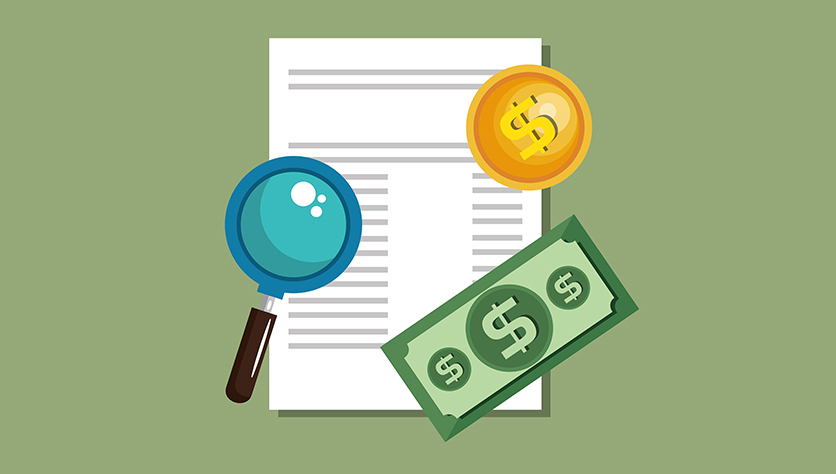Fraud is a growing concern in Canada, with thousands of people affected each year. Whether you’ve been targeted by an online scam, identity theft, or a financial scheme, it’s essential to act quickly to minimize the damage and protect your legal rights.
Fraud Statistics in Canada (2023)
| Type of Fraud | Reported Cases | Estimated Losses | Annual Change |
|---|---|---|---|
| Email / SMS scams | 27,000+ | CAD $380 million | +39% |
| Identity theft | 15,000+ | ~CAD $2,000 per case | +22% |
| Romance scams | 6,400+ | ~CAD $5,500 per victim | +45% |
| Fake investments | 5,200+ | ~CAD $20,000 per victim | +51% |
Source: Canadian Anti-Fraud Centre (CAFC), RCMP
Common Signs of Fraud
-
Emails or calls claiming to be from your bank or CRA
-
Investment offers with guaranteed high returns
-
Threatening calls demanding immediate payment
-
Online purchases that never arrive
-
Romance relationships where money is requested
Steps to Take if You’ve Been Scammed
-
Stop all contact with the scammer immediately
-
Gather evidence (emails, screenshots, receipts, chat history)
-
Notify your bank to freeze or monitor your accounts
-
Report the fraud to the appropriate Canadian authorities
-
Change your passwords and secure all online accounts
-
Monitor your credit report (Equifax and TransUnion)
Where to Report Fraud in Canada
Canadian Anti-Fraud Centre (CAFC)
-
Phone: 1-888-495-8501
-
Available in English and French
Local Police / RCMP
-
Report in person or call 911 in emergencies
-
Many provinces also have online police reporting services
Competition Bureau Canada
-
For deceptive marketing or scams: www.competitionbureau.gc.ca
Your Legal Rights as a Victim
-
You may request a partial or full refund from your financial institution
-
The scammer may be prosecuted (fines or imprisonment)
-
Victim support services are available in each province
-
You may file a civil lawsuit to recover your losses
-
Your identity may be protected in court proceedings
How to Protect Yourself from Future Fraud
| Action | Benefit |
|---|---|
| Never click suspicious links | Prevents phishing and malware |
| Use two-factor authentication | Enhances your account security |
| Research online sellers and services | Avoids e-commerce scams |
| Never send money to strangers | Protects against romance/investment scams |
| Regularly monitor your credit | Detects early signs of identity theft |
Helpful Resources in Canada
-
Canadian Anti-Fraud Centre (CAFC)
https://www.antifraudcentre-centreantifraude.ca -
Government of Canada – Fraud Prevention
https://www.canada.ca/en/services/fraud-prevention.html -
Éducaloi (Quebec) – Legal information for the public
https://www.educaloi.qc.ca/en
Summary
If you’re a victim of fraud in Canada:
✔️ Stay calm and act fast
✔️ Preserve all evidence
✔️ Report it to CAFC and the police
✔️ Secure your bank accounts and passwords
✔️ Get legal help if needed
✔️ Share your experience to help others stay safe
Useful information

Télétravail au Canada en 2025 : droits des employés et obligations des employeurs
Le télétravail est devenu une composante essentielle du monde du travail au Canada. Depuis la pandémie de COVID-19, ce mode d’organisation s’est institutionnalisé, incitant les entreprises et les gouvernements à repenser la législation, la gestion RH et l’équilibre travail-vie privée. Selon Statistique Canada, près de 30 % des Canadiens travaillaient régulièrement à distance en 2024, […]

What to Do If You Become a Victim of Fraud in Canada?
Fraud is a growing concern in Canada, with thousands of people affected each year. Whether you’ve been targeted by an online scam, identity theft, or a financial scheme, it’s essential to act quickly to minimize the damage and protect your legal rights. Fraud Statistics in Canada (2023) Type of Fraud Reported Cases Estimated Losses Annual […]

How to Hold Someone Accountable for Defamation in Canada
Defamation is a serious issue that can cause lasting damage to an individual’s personal and professional reputation. In Canada, individuals who have been defamed have legal recourse to hold those responsible accountable. Defamation occurs when false statements are made about someone that harm their reputation, either through slander (spoken) or libel (written). If you are […]

How to Legally Recover a Debt in Canada
Recovering a debt can be a challenging and frustrating process, but understanding your rights and the legal options available can make a significant difference. In Canada, there are several steps you can take to recover a debt, whether you are an individual or a business trying to collect money owed to you. From negotiating with […]

What to Do After a Car Accident in Canada: A Step-by-Step Guide
Car accidents, or as commonly referred to in Canada, “collisions” or “car accidents,” are an unfortunate reality on the road. In the event of a car accident, it’s important to stay calm and know exactly what steps to take. Whether the crash is minor or more serious, taking the right actions can help protect your […]

Unlawful Termination and Reinstatement in Canada: Your Rights
Unlawful termination is one of the most stressful and emotionally challenging experiences a worker can face. Whether it’s because of discrimination, retaliation, or breach of contract, the impact can be profound. Fortunately, in Canada, employees are protected by robust labor laws designed to prevent unlawful dismissal and provide options for reinstatement or compensation. If you […]
